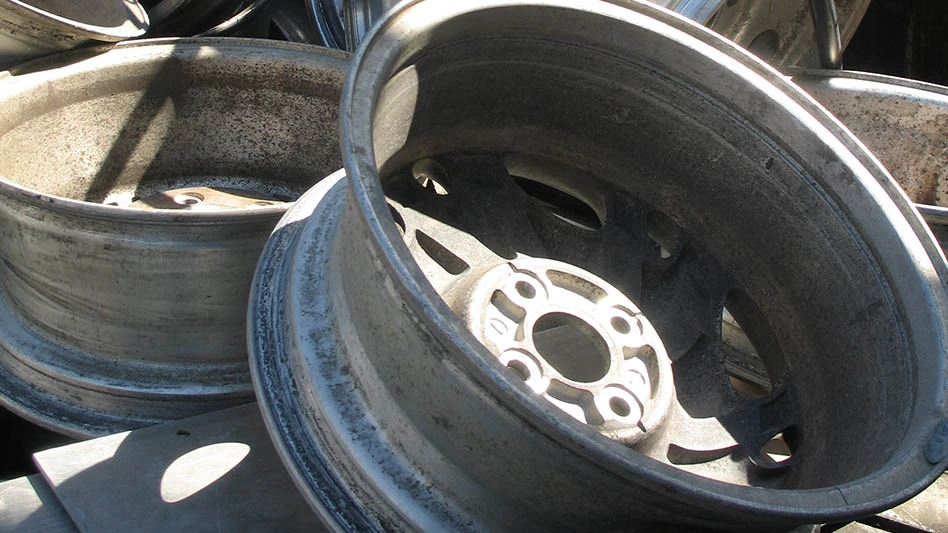
The National Waste & Recycling Association (NWRA), Arlington, Virginia, and Eunomia Research & Consulting, an U.K.-based international sustainability consultancy, have released a study of established extended producer responsibility (EPR) programs. The study aims to help educate decision-makers on the efficacy of certain EPR policies.
According to the NWRA, challenges with recycling have resulted in increased efforts to pass legislation at the federal and state level advocating for EPR. While well-intentioned, the association says many of these bills fail to address the root of the problems and also overlook existing recycling programs and their achievements.
“We were glad to partner with Eunomia to identify which EPR policies are most effective at achieving expected goals,” says NWRA President and CEO Darrell Smith. “We hope that this report will drive smart policymaking decisions that increase demand for recycled material.”
The study looked at four expected outcomes of EPR programs based on existing programs in Germany, Italy and France, including increases in recycling rates, increases in recycled content usage, increases in design-for-recycling practices and increases in the market value of collected packaging waste.
Sarah Edwards, head of Eunomia Americas, says, “It is great to see NWRA providing a strong voice on EPR policy as a resource for its members and to inform the wider recycling system in the U.S. We are pleased to provide our knowledge and experience of decades of EPR in Europe to inform the conversation in North America. We hope that this conversation can lead to [a] more thoughtful and effective policy that includes targets and design-for-recycling to create the most effective and efficient recycling system possible.”
NWRA says it prefers efforts focused on increasing demand for recyclables to allow market forces to incentivize recycling, emphasizing that increased use of postconsumer content is an essential component of increased demand.
“In circumstances where these efforts are not sufficient to increase demand, EPR may be considered,” the association says.
Sponsored Content
Redefining Wire Processing Standards
In nonferrous wire and cable processing, SWEED balances proven performance with ongoing innovation. From standard systems to tailored solutions, we focus on efficient recovery and practical design. By continually refining our equipment and introducing new technology, we quietly shape the industry—one advancement at a time.
Latest from Recycling Today
- RMDAS April figures show recycled steel price setback
- Steer World offers PEX plastic recycling machine
- New recycling grant program launches in Massachusetts
- Tire Recycling Foundation names executive director
- Dock 7 named 2025 Exporter of the Year at New Jersey International Trade Awards
- Waste Connections reports ‘better than expected’ Q1 results
- Commentary: How EPR is transforming the packaging industry
- Acerinox names new North American Stainless CEO







